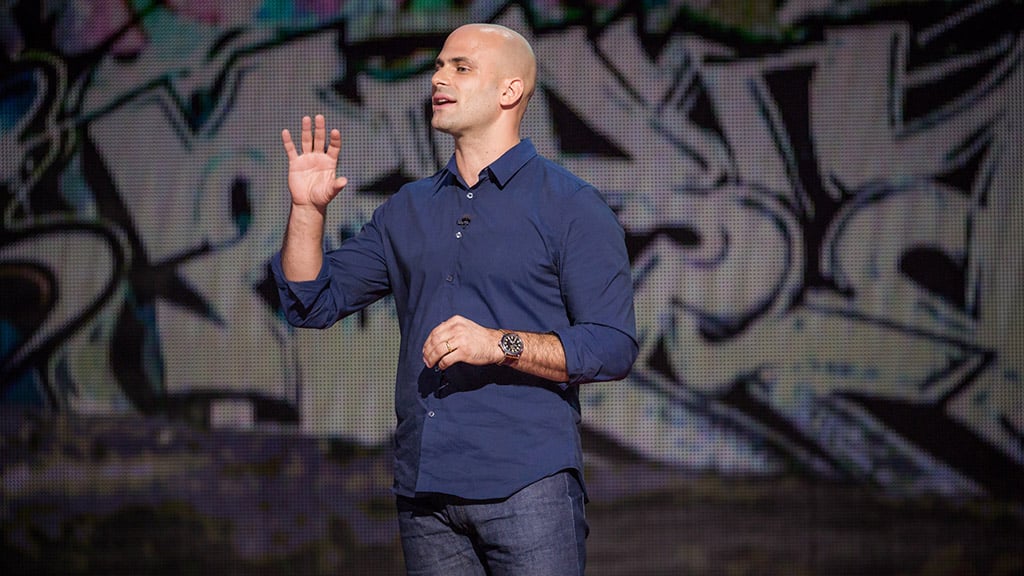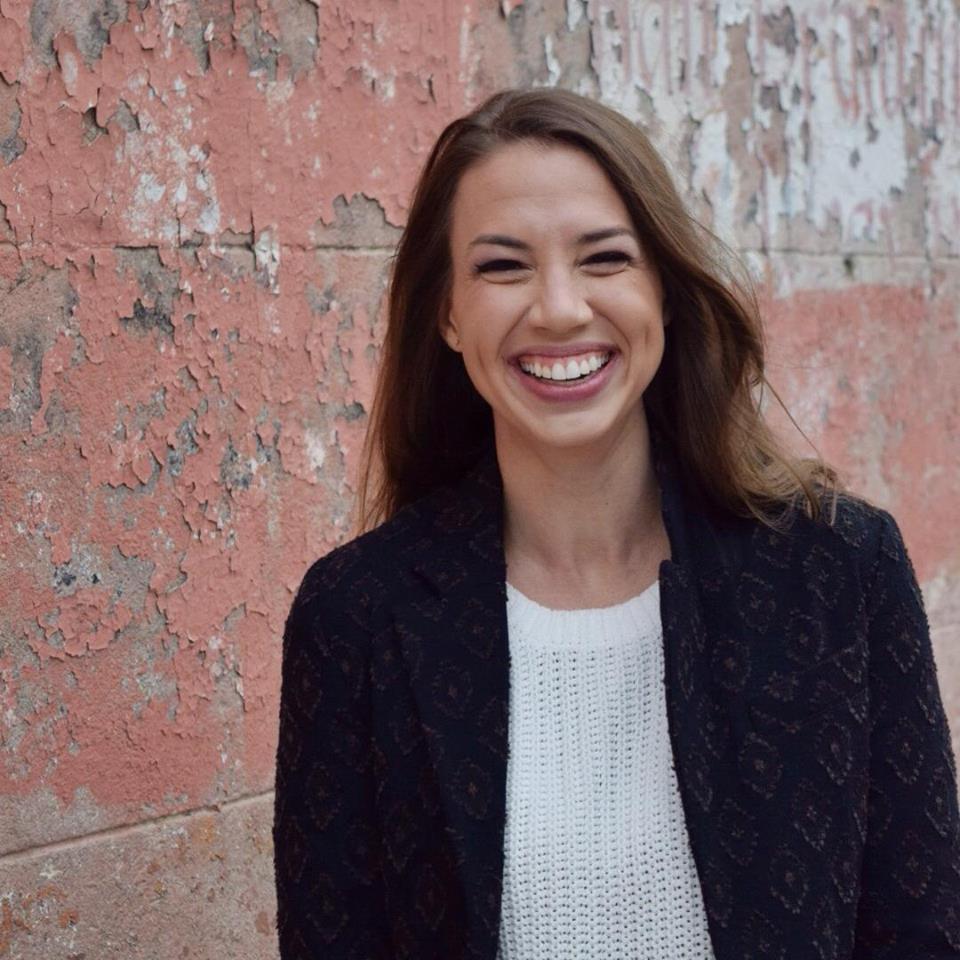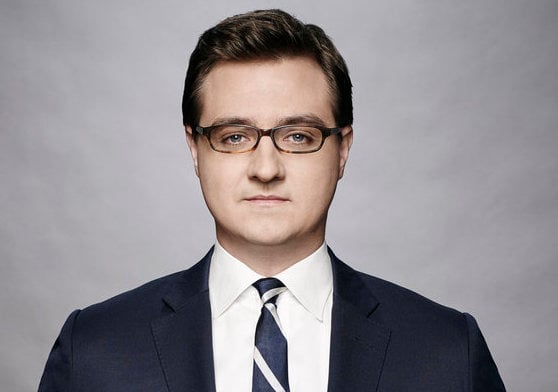Since Sam Kass left his position at the White House in December of 2014, the food-policy advocate has gotten married, moved to New York, and been named senior food analyst at NBC News. In a quick Q&A with Washingtonian, the Obama family’s former personal chef and friend dishes on sustainable nutrition, the move from the public to private sector, and what’s driving change in the food industry.
You joined the White House under Chris Commerford as assistant chef, became the executive director of Let’s Move!, and now you’re continuing with food advocacy in other ways. Could you just talk a little bit about why these issues are so important to you?
Food is at the center of, I think, some of the most important issues–maybe the most important issues we face between our health and climate change and sustainability. And if we work to significantly improve what we are eating and how we are producing it we could solve a lot of the symptoms that we end up treating. That’s what drives me: there are few places we could leverage our impact greater than working on this.
I read a piece that you had written for Time in December, where you talked about how there are sort of two distinct clear paths we should take: one is reducing the amount of food that goes to waste, and the other is reducing the emissions from food with climate-smart agriculture. Since then you’ve moved on to food tech start-up Innit–is that a way of continuing to address the first part of that quote, reducing the amount of food waste?
Yeah. The average American family throws away $1,500 worth of food [per year] and we know we have to do a better job helping families manage their food choices and managing their food inventory. Technology in the kitchen could go a long way to helping families make better choices and make cooking easier, and that will have a big impact both on the waste, but also on their health.
You had mentioned that making these smart food policy changes can have a huge return on investment. Do you see that as a way forward for pushing a lot of policy change?
What do you mean?
Since you’ve shifted from advocating in the public eye and politics, and moved into advising private companies…
Yeah, no I think the private sector is going to drive a huge part of the change in the coming years. Government obviously has a significant role to play; there’s a lot of things that need to get done.
But in the end our food system is a system of businesses–from farms, all the way through–and while government shapes some of those incentives and rules that governments operate under, in the end business is largely shaping what we eat.
I think this is an exciting time where there is tremendous innovation across the entire supply chain that I think has a transformative impact on the way we produce our foods.
What else are you excited about right now?
I have a strategy firm that I founded called Trove, where I’m doing a lot of my consulting work. I’m a partner in a VC fund called Acre [Venture Partners], and I’m also doing work for NBC News. I’ve got a lot going on.
You’re also incredibly adventurous with ingredients. What piqued your interest in superfood ingredients like moringa?
There is a lot of promise and much that remains to be seen in terms of viability, but I think there are some really great nutritional qualities and the ability to be grown in a pretty arid climate (it’s a pretty tough plant), obviously could be tremendously beneficial. I don’t think any of this can be solved by one crop. We have to figure out how to provide better nutrition in a way that can be grown in an increasingly challenging climate.
So maybe phasing out some of our really environmentally taxing crops and bringing in more of these indigenous food plants?
Yeah. I mean it’s going to look different in different parts of the world. I think a lot of the products that we are consuming now are going to become increasingly expensive because they take a lot of water and a lot of energy to grow, and both water and energy are going to get increasingly expensive, particularly in developing nations. We are going to have to find a lot more efficient ways to produce calories as populations continue to grow and resources become increasingly scarce. We have a lot of work to do on that.
And for people that are trying to make those kinds of positive changes, what do you think are the best ways that they can go about doing that?
Oh, we need engagement at every level. There is no one place that is more important. People need to go into public service, they need to start non-profits or join non-profits that are doing this work. I think people need to start their own non-profits. I think people need to join businesses and take these values into existing companies, start new companies. There needs to be–and we are starting to see it–but there needs to be a transformation of how we conduct our businesses and nonprofits; really focusing our resources, and leveraging them better, to solve these problems. I think the key is helping to embed these ideas– whatever the work is, whatever the institution is.


















